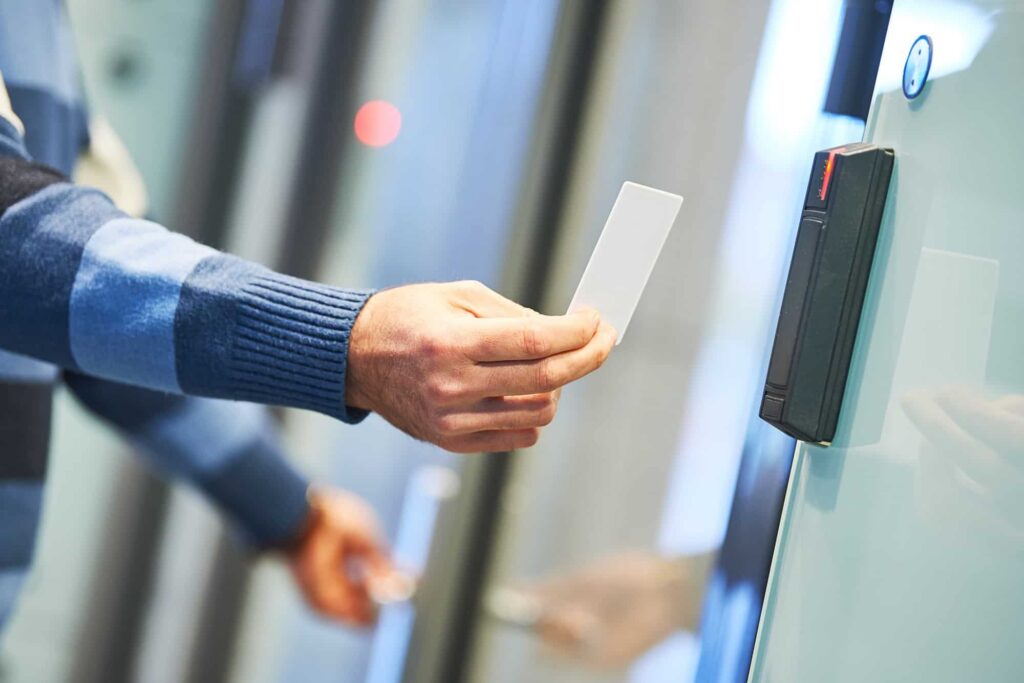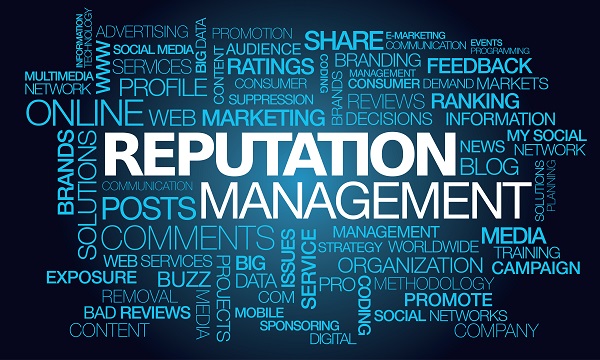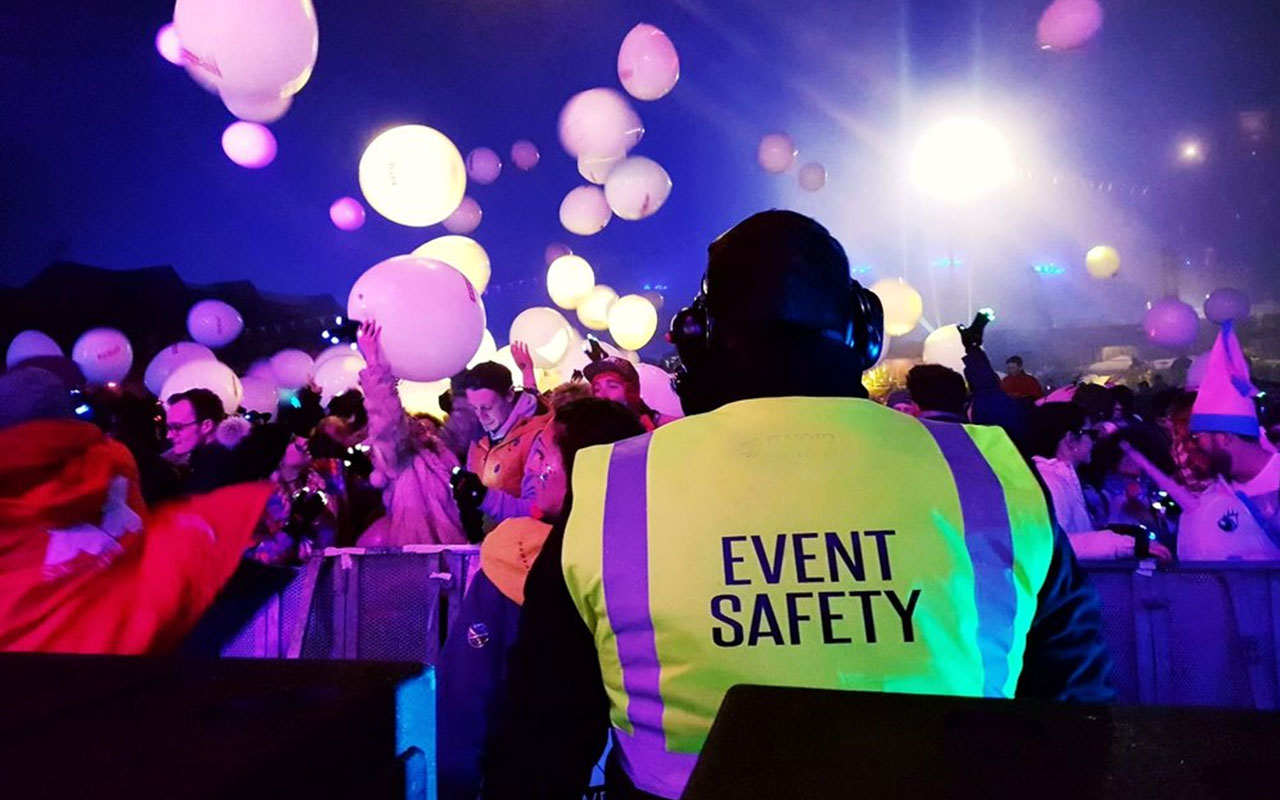In today’s world, where large gatherings and events are an integral part of our social fabric, ensuring safety and security has become paramount. From music festivals and sporting events to conferences and exhibitions, the success of any event is contingent upon a robust security infrastructure. The need for security services is not just a matter of compliance; it’s a responsibility to safeguard attendees, participants, and the reputation of the event itself. This article delves into the significance of event security services exploring the various aspects that underline their importance.
Ensuring Safety : A Prerequisite
Events bring people together in close proximity, creating a dynamic environment that demands a comprehensive security strategy. Safety breaches not only pose risks to attendees but also to the reputation of event organizers. From medical emergencies and unruly behavior to potential terror threats, the array of challenges an event can face is diverse and unpredictable. Security services play a pivotal role in anticipating and mitigating these risks, ensuring that attendees can focus on enjoying the event without concern for their safety.
Access Control and Identification
Controlling who enters an event premises is essential to maintaining security. Security services implement access control measures, which can range from manual verification of tickets and identification to advanced technologies such as biometric scanning and RFID wristbands. These measures not only prevent unauthorized entry but also help track attendance, contributing to an accurate headcount for emergency evacuation plans.

Risk Assessment and Planning
Every event is unique, with its own set of risks and challenges. Security services begin their role by conducting a thorough risk assessment, identifying potential vulnerabilities, and devising strategies to address them. This process involves collaboration between event organizers and security experts to understand the event’s nature, size, location, and potential threats. The resulting security plan outlines protocols for crowd management, emergency response, access control, and communication among various stakeholders.
Crowd Management
Effective crowd management is a cornerstone of event security services. Ensuring smooth entry and exit points, managing queues, and preventing overcrowding are vital components of creating a safe environment. Trained security personnel are essential in orchestrating these aspects, employing strategies that balance crowd control with attendees’ comfort. Proper crowd management not only prevents stampedes and congestion but also minimizes the risk of altercations among attendees.
Emergency Response and Crisis Management
Even with meticulous planning, emergencies can arise unexpectedly. Whether it’s a medical emergency, fire, or security threat, security personnel are trained to respond swiftly and effectively. Their presence ensures that attendees receive timely assistance and guidance in evacuating the premises if necessary. Additionally, security services collaborate with local law enforcement and emergency services to ensure a coordinated response in case of critical incidents.
Preventing Disruptions
Disruptive behavior, whether intentional or not, can mar the event experience for attendees and tarnish the event’s reputation. Security services play a role in preventing such disruptions by maintaining a visible presence, diffusing potential conflicts, and addressing unruly behavior promptly. This proactive approach helps create a welcoming environment where attendees can enjoy the event without fearing disturbances.
Protecting Assets and Equipment
Events often involve valuable equipment, merchandise, and technology installations. Security services are responsible for safeguarding these assets from theft, vandalism, or unauthorized access. By implementing surveillance systems, deploying security personnel to key locations, and utilizing technology like alarms and sensors, security services help prevent financial losses and disruptions to event operations.
Vendor and Performer Security
In addition to attendee safety, security services also extend their protection to vendors, performers, and event staff. Ensuring the well-being of these individuals is vital to the event’s success, as their participation contributes directly to the event’s overall experience. Security personnel work closely with vendors and performers to address any concerns they may have and create a secure environment that allows them to focus on their roles.
Reputation Management
An event’s reputation is built over time and can be easily tarnished by security breaches or incidents. Negative publicity can have lasting consequences, affecting attendance at future events and eroding public trust. Security services contribute to reputation management by minimizing the likelihood of incidents and responding effectively to any that may occur. Their role goes beyond physical security to include the perception of safety among attendees and stakeholders.

Conclusion
In an era where events play a vital role in connecting communities, fostering innovation, and driving economic growth, security services are the unseen guardians that ensure these occasions are not only memorable but also safe. From risk assessment and crowd management to emergency response and reputation management, the multifaceted role of security services in event management cannot be overstated. Event organizers must recognize that investing in comprehensive security measures is not just a legal obligation, but a moral responsibility to ensure the well-being of everyone involved. As the landscape of events continues to evolve, the importance of security services remains unwavering, serving as the bedrock upon which successful and secure events are built.
FAQ
1. Why are security services crucial for event management?
Security services play a pivotal role in event management by ensuring the safety and well-being of attendees, staff, and assets. They help prevent potential threats such as unauthorized access, disruptions, and emergencies. Additionally, they enhance the overall experience by fostering a secure environment, enabling attendees to fully engage with the event’s offerings.
2. What specific tasks do security services perform during events?
Security services encompass a range of tasks, including crowd management, access control, perimeter security, emergency response planning, and monitoring surveillance systems. They also assess potential risks, provide VIP protection, and coordinate with local law enforcement and emergency services to manage any unforeseen incidents effectively.
3. How do security services contribute to the success of different types of events?
Security services tailor their approach to match the nature of the event. For conferences and trade shows, they manage access to restricted areas, safeguard intellectual property, and ensure a peaceful atmosphere. Music festivals and sporting events benefit from crowd control measures, drug and alcohol enforcement, and emergency medical support. Weddings and private gatherings rely on security to maintain the privacy of attendees and manage potential disruptions.
4. How do security services collaborate with event organizers and other stakeholders?
Collaboration is key. Security work closely with event organizers to understand the event’s goals, potential risks, and logistical details. They develop comprehensive security plans, establish communication protocols, and conduct site assessments. Regular communication ensures that security measures align with the event’s objectives and any changes or adjustments can be made promptly.


